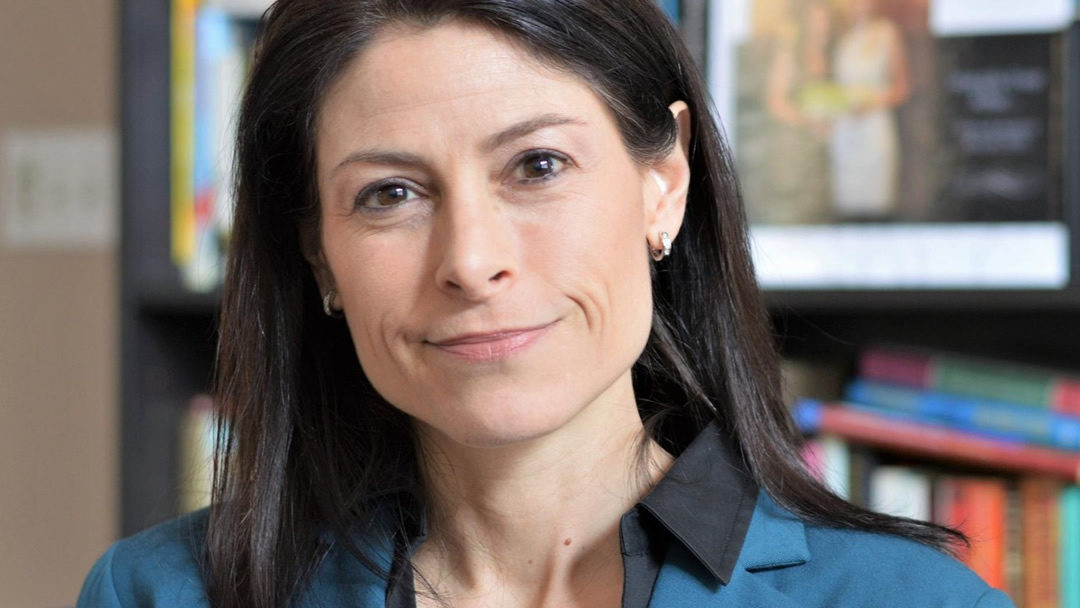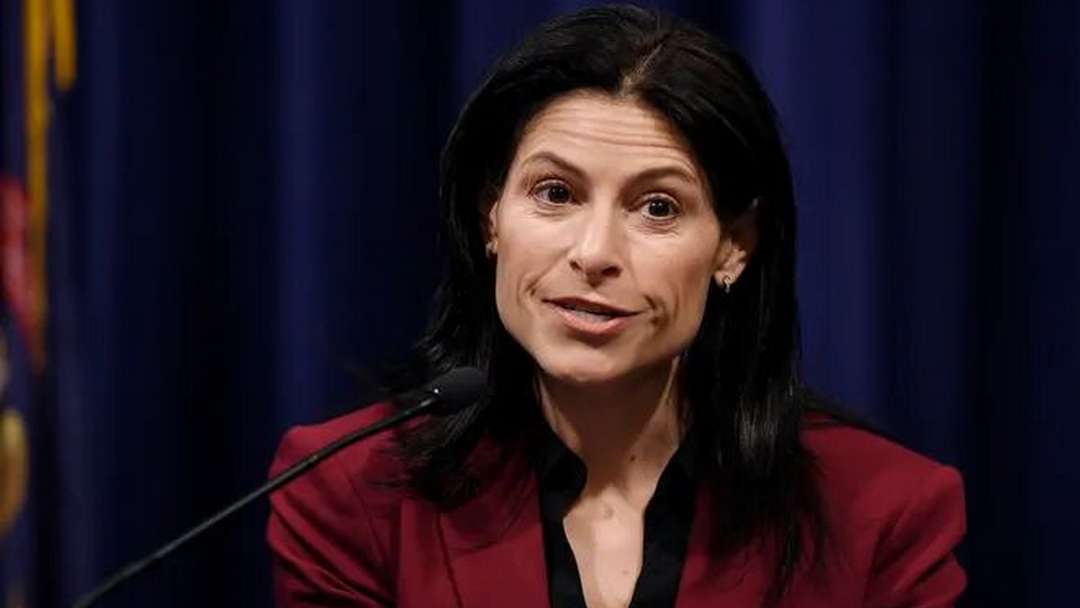
Mar 12, 2019 | Medical Marijuana, News
March 11, 2019 – The Department of Licensing and Regulatory Affairs (LARA) has approved adding Cerebral Palsy to the list of debilitating medical conditions set forth in the Michigan Medical Marihuana Act of 2008.
Cerebral Palsy was approved by LARA after the Medical Marihuana Review Panel members unanimously recommended approval.
LARA also denied the condition of Chronic Aggressive Behavior after panel members unanimously recommended denial.
The Medical Marihuana Review Panel made their recommendations to the department after receiving citizen comments in February related to the petitions to add these conditions to the list of debilitating medical conditions identified in the Michigan Medical Marihuana Act (MCL 333.26423). The approval or denial of the petitions by the department are considered final department actions.
Effective immediately, Cerebral Palsy is now added to the following current list of debilitating medical conditions already approved for medical marijuana in Michigan:
- Acquired Immune Deficiency Syndrome
- Agitation of Alzheimer’s disease
- Amyotrophic Lateral Sclerosis
- Arthritis
- Autism
- Cancer
- Chronic Pain
- Colitis
- Crohn’s Disease
- Glaucoma
- Hepatitis C
- Inflammatory Bowel Disease
- Nail Patella
- Obsessive Compulsive Disorder
- Parkinson’s Disease
- Positive status for Human Immunodeficiency Virus
- Post-Traumatic Stress Disorder
- Rheumatoid Arthritis
- Spinal Cord Injury
- Tourette’s Syndrome
- Ulcerative Colitis
- A chronic or debilitating disease or medical condition or its treatment that produces one or more of the following:
- Cachexia or Wasting Syndrome
- Severe and Chronic Pain
- Severe Nausea
- Seizures, including but not limited to those characteristic of epilepsy
- Severe and persistent muscle spasms, including but not limited to those characteristic of multiple sclerosis

Feb 28, 2019 | Blog, News, Recent Victories
Feb 28, 2019 – Charges have been dropped against a local man accused of illegally growing large quantities of marijuana.
45-year-old Anthony Portelli of Whitmore Lake, along with two other men, was charged almost four years ago with various counts of delivering and manufacturing marijuana. The case against the men has spanned years, with motions alleging various medical marijuana defenses being held in abeyance.
At a status conference Thursday, prosecutors agreed to dismiss the case against Portelli and a motion to do so was granted by a Livingston County Circuit Court judge. In an email to WHMI Prosecutor Bill Vailliencourt stated, “In light of the legalization of recreational marijuana in Michigan, we determined that it was no longer an appropriate use of resources to proceed.”
The charges against Portelli, Jeffrey Mote of South Lyon and Richard Lee Riley of Brighton were filed in 2015, following a police raid in 2013 at an alleged marijuana dispensary in Brighton Township and two other homes. Authorities had claimed that Portelli managed the dispensary, Riley grew the marijuana plants and Mote owned the homes where they were being grown.
The case against Mote was dismissed in 2016 due to insufficient evidence, while Riley was sentenced that same year to six months of probation after pleading guilty to maintaining a drug house in exchange for the original charges being dismissed. (DK)

Feb 27, 2019 | Blog, News, Victories Project
Four people charged with marijuana crimes by Republican former Attorney General Bill Schuette will have their charges dismissed by Democratic Attorney General Dana Nessel.
“Weak cases and changing laws” were cited as some of the reasons for the dismissals in two of the three marijuana cases pending in Nessel’s criminal division, according to a statement from her office. Those who had their charges dismissed were not “major players” in the cases or lacked sufficient evidence to prove their involvement, her office said.
Even remaining defendants in the three cases may be offered pleas to reduced charges so that Nessel’s office can focus on “truly bad actors,” Nessel said in a statement.
“Juries don’t want to convict people on charges concerning something that is now legal,” she said.
Nessel was a vocal advocate for marijuana legalization while on the campaign trail and received support from the cannabis community. After the November voter-approved legalization of marijuana, Nessel encouraged county prosecutors to stop pursuing misdemeanor possession cases.
After the election, then Gov.-elect Gretchen Whitmer said she would pursue executive action or legislation to free inmates and expunge criminal records for those convicted of marijuana crimes.
Among the charges dismissed were those against Mark and Terra Sochacki and Amanda Amsdill related to dispensaries James and Debra Amsdill ran in 2011 in St. Clair, Tuscola and Sanilac counties. The Sochackis were employees of the Amsdills.
The Sochackis had been charged with felony deliver/manufacture of marijuana, while Amanda Amsdill had been charged with conducting a criminal enterprise.
The charges against James and Debra Amsdill were not dismissed, but could be reduced in the future.
After eight years, two circuit court dismissals and two Court of Appeals dismissals, Amanda Amsdill was happy to hear charges against her were dropped but disappointed her parents weren’t also cleared, Amsdill’s lawyer Paul Tylenda said.
“This is certainly a step in the right direction for Michigan and for the Attorney General’s office in Michigan,” Tylenda said. “I don’t think there was any dispute that the previous attorney general loved to overcharge marijuana issues.”
The Sochackis also were relieved by the decision, but are in some ways “broken” by the long legal process, said the couple’s lawyer Michael Komorn.
“Its been devastating to them,” Komorn said. “They’ve gone through a lot.”
Mark Sochacki currently is serving a prison sentence for 2017 assault and robbery charges in St. Clair County, according to online Michigan Department of Corrections records.
Noelle Lathers, who had been charged with delivery/manufacture of marijuana, also had her charges dismissed from circuit courts in Hillsdale and Jackson counties.
Defendants in a third case involving charges in circuit courts in Genesee and Livingston counties may be offered a plea deal to reduced charges.
eleblanc@detroitnews.com
(517) 371-3661

Feb 21, 2019 | Blog, News
Last November the Michigan State Police wrapped up a year long pilot program in five Michigan counties to test the accuracy of a roadside drug test.
In December lawmakers agreed to fund an expansion of the program based on its success.
A fatal crash in the Upper Peninsula city of Gladstone in 2013 was the catalyst behind the drug testing pilot. A semi-truck driver was convicted on six-felony charges in connection with the crash, including two counts of operating a motor vehicle with the presence of a controlled substance causing death.
According to MSP the number of drug-impaired fatal crashes has increased over the ten year period between 2007 and 2017 by 151%, up from 98 to 246.
When his parents were killed in 2016, the couple’s son contacted his legislator who got the ball rolling on legislation to curb drugged driving.
Senator Thomas Casperson introduced a pair of bills to combat the problem and come up with a solution to roadside testing. Public Act 242 and 243 of 2016 became known as the Barbara J. and Thomas J. Swift Law, and police started looking at test instruments.
Members of MSP, prosecuting attorneys, toxicologists and forensic experts got together, forming the Oral Fluid Roadside Analysis Pilot Program Committee.
Their report was recently released along with the recommendation to expand the pilot state-wide for at least a year.
The oral fluid roadside test is the Alere DDS2, which detects six different drugs, including a component of cannabis known as Delta 9 THC. It also tests for the presence of amphetamine, cocaine, methamphetamine, opiates and benzodiazepines.
Program director, F/Lt. Jim Flegel said an independent laboratory as well as the MSP Forensic Lab tested the results, and across the board they proved accurate.
In all 92 people were tested and 89 were arrested. According to the report 83 people tested positive for substances; and over 80% of those who tested positive for cannabis.
As a result of the five-county pilot, MSP plans to continue working on the accuracy of the equipment, which it hopes will support permanent changes to the Motor Vehicle Code.
MSP is also training more officers across the state as Drug Recognition Experts (DRE) who can spot impaired drivers and test them at the roadside.
A date to start the yearlong pilot program has not been set, but is expected to be sometime within 2019.
Planet Green Trees Podcast

Feb 20, 2019 | Blog, News
WASHINGTON — Siding with a small-time drug offender in Indiana whose $42,000 Land Rover was seized by law enforcement officials, the Supreme Court on Wednesday ruled that the Constitution places limits on civil forfeiture laws that allow states and localities to take and keep private property used to commit crimes.
Civil forfeiture is a popular way to raise revenue, and its use has been the subject of widespread criticism across the political spectrum.
The SCOTUS has ruled that the Eighth Amendment, which bars “excessive fines,” limits the ability of the federal government to seize property. On Wednesday, the court ruled that the clause also applies to the states.
Previously, the Supreme Court had not really addressed that question. It had addressed the status of the Excessive Fines Clause, but only in the context of the federal government.
The court had, however, previously ruled that most protections under the Bill of Rights apply to the states — or were incorporated against them, in the legal jargon — under the 14th Amendment.
Justice Ruth Bader Ginsburg, writing for eight justices, said the question was an easy one. “The historical and logical case for concluding that the 14th Amendment incorporates the Excessive Fines Clause is overwhelming,” she wrote.
“For good reason, the protection against excessive fines has been a constant shield throughout Anglo-American history: Exorbitant tolls undermine other constitutional liberties,” she wrote. “Excessive fines can be used, for example, to retaliate against or chill the speech of political enemies.”
















